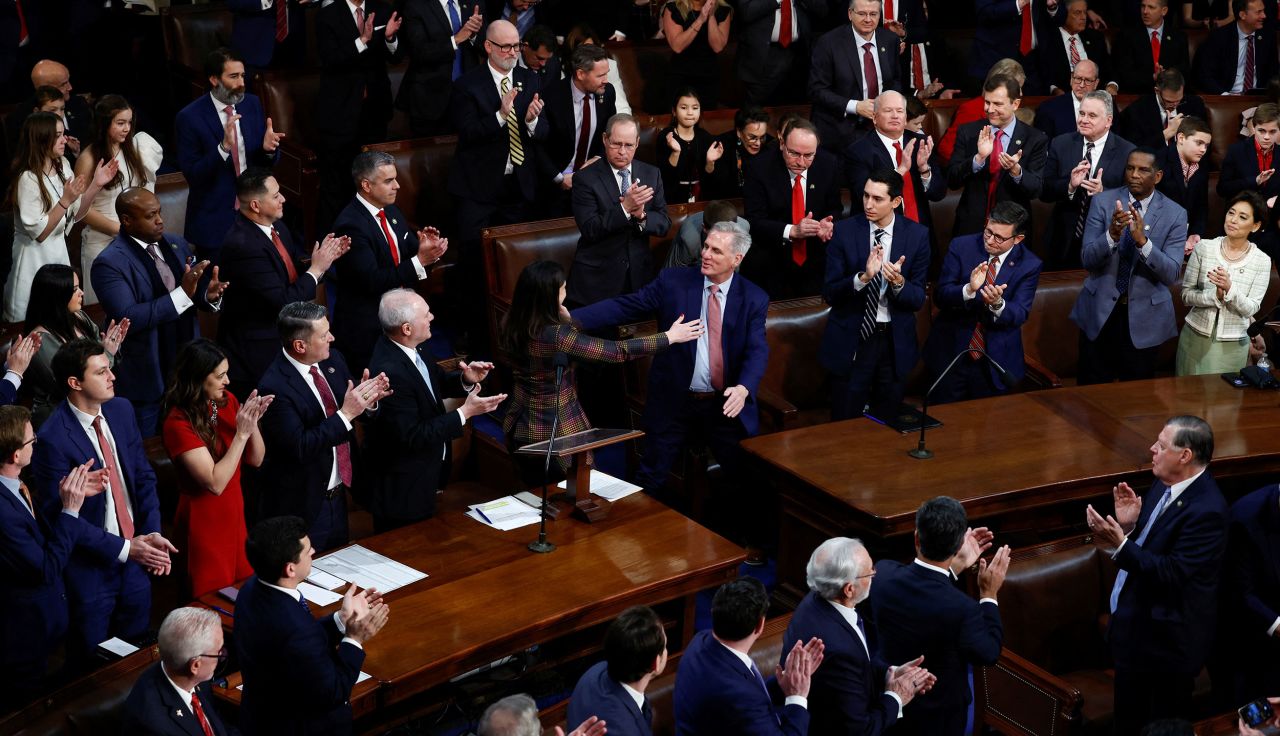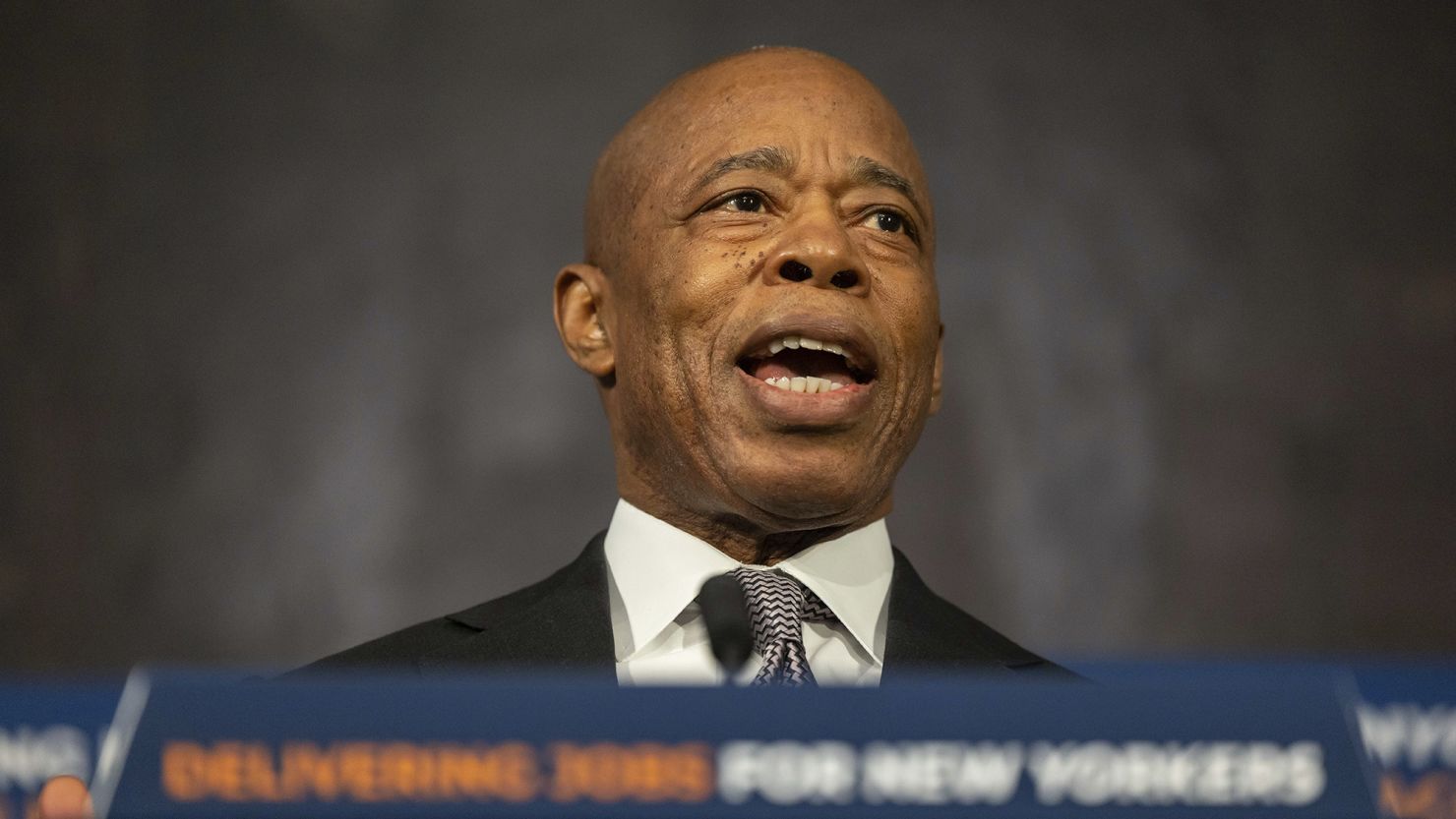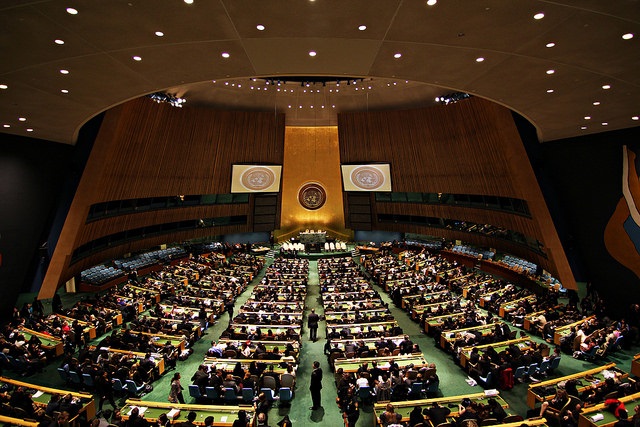Understanding Structural Violence
Structural violence is not an abstract concept; it"s a pervasive reality that shapes the lives of millions, especially those in marginalized communities. Coined by sociologist Johan Galtung, this term describes how social structures harm individuals by denying them basic rights and needs. Unlike direct violence, which has a clear perpetrator, structural violence operates invisibly within the fabric of society, manifesting in systemic inequalities such as racism, sexism, and economic disparity. According to research findings, these inequities often result in increased rates of premature death and disability among the most vulnerable populations.
The Death Toll of Inequality
In the United States, the stark reality of structural violence translates to a staggering death toll. More than 10 million people die prematurely each year due to causes linked to structural violence, as noted by researchers examining social determinants of health. The concept emphasizes that these deaths are not merely statistics; they represent the lives of individuals whose potential is stifled by the very systems that should protect them. Communities of color, low-income families, and other marginalized groups bear the brunt of this violence, facing higher rates of disease and lower access to healthcare.

January 3, 2023 Latest on the new Congress and House speaker vote | CNN ...
Healthcare as a Commodity Perpetuates Structural Violence
The commodification of healthcare exacerbates structural violence, limiting access based on economic status. Medical anthropologist Paul Farmer argues that when healthcare is viewed as a product to be purchased rather than a fundamental human right, the most vulnerable populations suffer the consequences. As reported by CDC research, communities that experience structural violence often have limited access to quality healthcare, leading to worse health outcomes. The consequences of this inequality are not only physical but psychological, as individuals internalize societal messages that devalue their lives.
The Role of Institutions in Perpetuating Violence
Institutions play a crucial role in sustaining structural violence. From educational systems that reinforce socioeconomic disparities to criminal justice policies that disproportionately target marginalized communities, these structures create cycles of disadvantage. As highlighted in the Brookings Institution report, addressing violence through a public health lens requires a re-evaluation of how institutions contribute to harm. This approach advocates for interventions that focus not just on the symptoms of violence but on the root causes embedded in societal structures.

Justice Department directs prosecutors to drop federal corruption case ...
Moving Towards Structural Interventions
To combat the pervasive effects of structural violence, we must advocate for structural interventions that address the underlying issues. Farmer emphasizes that such interventions can only be successful if they are supported by trained professionals who understand the social determinants of health. Countries like Haiti and Rwanda have implemented successful programs that prohibit the commodification of healthcare, ensuring equitable access to services. As we grapple with the realities of structural violence, it becomes imperative to push for policies that prioritize the needs of the most vulnerable, creating a society that values all lives equally.
Urgency for Change
The urgency to dismantle structural violence cannot be overstated. The current socio-economic landscape, marked by disparities, demands immediate action from policymakers and communities alike. As we continue to witness the devastating impacts of systemic inequalities, the call for accountability and social justice grows louder. Addressing these injustices is not merely a moral imperative; it is essential for the health and well-being of our society as a whole.

UN General Assembly High-level Meeting on the fight against ...

![[Video] Anti-ICE Protester Pepper Sprayed as CBP Agents Disperse Crowd in Minneapolis](/_next/image?url=%2Fapi%2Fimage%2Fthumbnails%2Fthumbnail-1768260677127-y71sb7-thumbnail.jpg&w=3840&q=75)

![[Video] Several injured as U-Haul truck drives through Iranian protestors in Los Angeles](/_next/image?url=%2Fapi%2Fimage%2Fthumbnails%2Fthumbnail-1768176682028-q95y6j-thumbnail.jpg&w=3840&q=75)
![[Video] Scuffle breaks out between Trump supporters and Anti-ICE protesters in Times Square](/_next/image?url=%2Fapi%2Fimage%2Fthumbnails%2Fthumbnail-1768165958203-hgcgb-thumbnail.jpg&w=3840&q=75)


![[Video] Gunfire between Iraqi security forces and Sadr militias in Baghdad](/_next/image?url=%2Fapi%2Fimage%2Fthumbnails%2Fthumbnail-1768343508874-4redb-thumbnail.jpg&w=3840&q=75)
